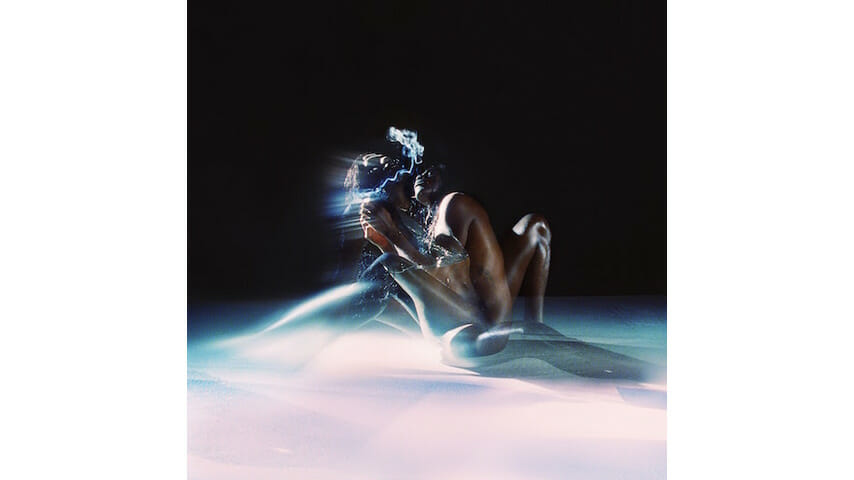Yves Tumor Destroys Rock Music on Heaven To A Tortured Mind
The experimentalist proves they can be nearly anyone and maintain a sense of humor

Yves Tumor’s new album opens with Sean Bowie shouting “I think I can solve it / I can be your all.” Later, on “Medicine Burn,” they claim “I can’t lift my own troubles,” then shout a reversal on single “Kerosene!”: “I can be anything / tell me what you need.” Heaven To A Tortured Mind is emphatically about what Tumor can and can’t do, because what else are pop anthems about? “Creep” is about how Radiohead is incapable of fitting in with mainstream society, while “I Will Always Love You” is a declaration of Whitney Houston’s enduring love amid crisis. Yves Tumor have long skirted the line between pop candor and experimental psychedelia, often landing somewhere far away from both in a wonderland of threatening, dagger-sharp guitar riffs and gossamer vocal production.
In many ways, 2018’s Safe in the Hands of Love was Tumor’s official rockstar moment. Listening to Heaven To A Tortured Mind will make you question your own memories of the singer, because they’ve never sounded more immediate, more relatable or more desirously messy. Their trademark filth and trickster persona are still present, though they’ve graduated from demon to the devil himself. Album opener “Gospel For A New Century” is their most straightforward song to date, a playful horn-based rock song that channels the individual iconoclasms of Prince and Marilyn Manson. The Isamaya Ffrench-directed video offers the perfect visual for the familiar archetype Tumor plays throughout the album—a cloven-hoofed devil with diabolical cheekbones, not unlike Tim Curry’s Lord of Darkness from Legend, with a legion of Soul Train-ready devils marching behind them.
Known for their lyrical skill, Tumor’s songs often feel mythic and forbidden. On Heaven, though, their lyrics almost feel cliché. That’s probably purposeful—they’re reinterpreting all of these sounds, playing with the inherent darkness and malaise that comes with being a rock god. On ”Super Stars”, a slowed Boyz II Men-esque jam with Hirakish’s lilting falsetto and cloyingly romantic guitar frenzies, Tumor coos out one of the oldest lines in the book: “Girl when I’m with you / It’s like super stars.” There’s no decoding necessary for that one. It’s an expression well-archived in the annals of sentimental balladry, but Tumor’s intention remains slyly obscured.
-

-

-

-

-

-

-

-

-

-

-

-

-

-

-

-

-

-

-

-

-

-

-

-

-

-

-

-

-

-

-

-

-

-

-

-

-

-

-

-








































